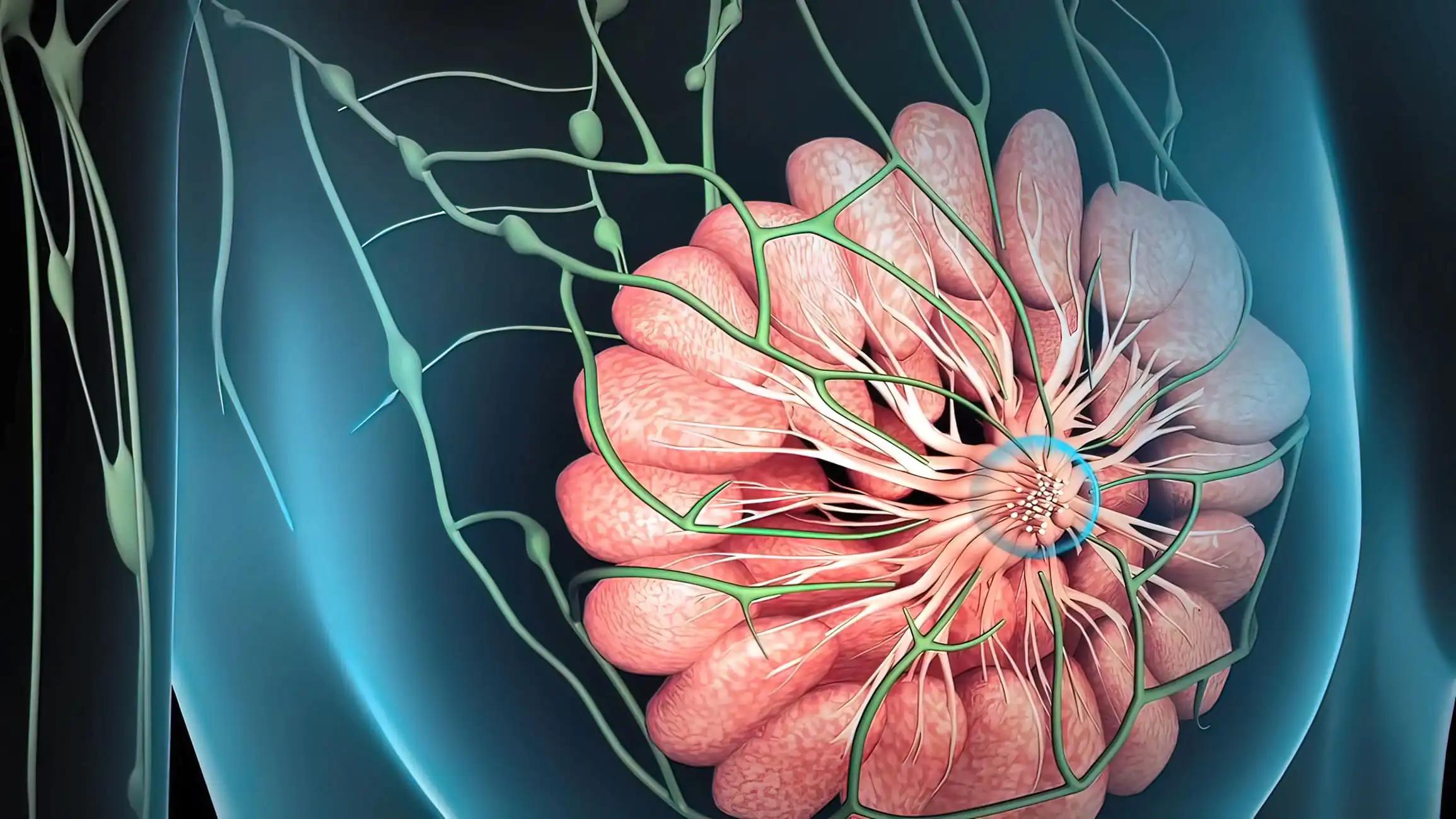KEY TAKEAWAYS
- Pemigatinib treated advanced/metastatic cholangiocarcinoma with FGFR2 gene fusions in the FIGHT-202 study.
- Researchers detected FGFR2 fusions in intrahepatic cholangiocarcinoma using genomic profiling and other methods.
- The study showed that FGFR2 fusions are druggable in advanced/metastatic cholangiocarcinoma and the genetic landscape and architecture of intrahepatic fusions.
- The study suggests parameters and annotations for molecular diagnostic FGFR2 reports to help readers understand the analysis and information.
- The study helps molecular pathologists, pathologists, and clinicians in FGFR2 fusion diagnosis, reporting, and decision-making in intrahepatic cholangiocarcinoma.
Recently, numerous therapeutically relevant genetic aberrations were significantly enriched in intrahepatic CCA. These aberrations include FGFR2 gene fusions, which occur in 10–15% of cases. Current clinical findings show that these fusions can be used in a second-line scenario for advanced/metastatic disease. The efficacy in first-line settings is currently being tested in clinical trials. Hence, these tumors must be profiled molecularly using a standardized approach. Pemigatinib’s approval was based on carefully examining the raw genomic data from the FIGHT-202 trial.
Researchers discussed the topography and architecture of FGFR2 fusions in iCCA, including comparing different detection methods and presenting sample cases, and highlighted biological and technical considerations for their detection. Researchers outlined parameters, including an annotation recommendation, that should be included in a molecular diagnostic FGFR2 report to facilitate complete comprehension of the investigation and data presented. This research seeks to aid molecular pathologists, pathologists, and clinicians in their diagnosis, reporting of results, and decision-making by providing a complete presentation and dissection of the technical and biological issues related to FGFR2 fusion detection.
Source: https://pubmed.ncbi.nlm.nih.gov/35871236/
Clinical Trial: https://clinicaltrials.gov/ct2/show/NCT02924376
Neumann O, Burn TC, Allgäuer M, Ball M, Kirchner M, Albrecht T, Volckmar AL, Beck S, Endris V, Goldschmid H, Lehmann U, Seker-Cin H, Uhrig S, Roessler S, Budczies J, Fröhling S, Longerich T, Wagner AH, Vogel A, Schirmacher P, Stenzinger A, Kazdal D. Genomic architecture of FGFR2 fusions in cholangiocarcinoma and its implication for molecular testing. Br J Cancer. 2022 Nov;127(8):1540-1549. doi: 10.1038/s41416-022-01908-1. Epub 2022 Jul 23. PMID: 35871236; PMCID: PMC9553883.



